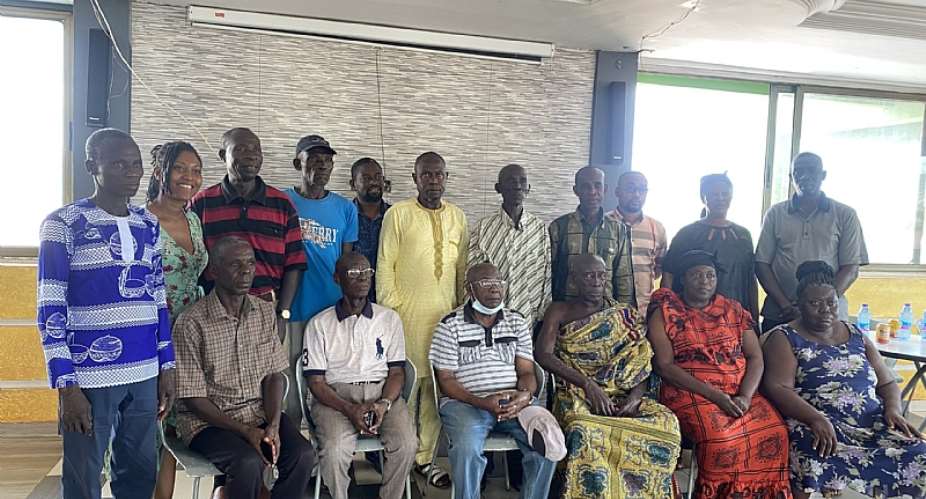Stakeholders have called on the government to establish effective cattle ranching policies to define boundaries that will prevent indiscriminate cattle grazing in communities.
That, the farmers and community members said, was the surest way to ending acrimonies and conflicts between cattle herders and community members in some parts of the Ashanti and Eastern regions.
These were some of the recommendations of a peace-building workshop, organized for farmer groups, opinion leaders, representatives of herdsmen, researchers and the media at Agogo in the Asante Akim North Municipality of the Ashanti Region.
The programme was part of a research dissemination activity on farmer-herder conflict, which was funded by the International Development Research Centre.
Some members of communities in and around Agogo said the ranching at Agogo, for instance, was perceived to be expensive, hence the likelihood that it would not be fully utilized.
Opanin Kwame Poku, a farmer, noted that: “Herders feel it is an expensive way to graze as they will have to buy feed and other supplies for the cattle. They were likely not to obey the laid down rules and regulations of ranching.”
Alhaji Isaka, a cattle rancher, said one of the ways to smoke a peace pipe was to hold onto the court order, which had cautioned herders to desist from grazing their cattle in Agogo.
“We want to keep it that way, Agogo is a farming community and let's keep it that way,” he said.
“Going for a new agreement to allow the herders to return will be a no-go option.”
He suggested that the Government supported families whose members had been killed or harmed in the conflict between community members and herdsmen.
Farmer groups and ranchers urged government and non-governmental organizations to help in finding a lasting solution to the problem.
Maame Peterson, a PhD Candidate at the University of Manitoba, Canada, studying Peace and Conflict, said her research in other parts of Ghana suggested that cross-cultural programmes could help bridge the gap between herders and the indigenous people of Agogo.
Peace and advocacy education was also necessary to bolster unity among farmers, herders and community members in areas of concern in Ghana.
She observed that there seemed to be a deadlock on the peace processes and both groups (farmers and herders) do not seem to have agreed on the way forward.
GNA





 Court dismisses Serwaa Amihere case against Henry Fitz, two others
Court dismisses Serwaa Amihere case against Henry Fitz, two others
 Stolen BRVs: Bi-partisan parliamentary probe non-negotiable — Dr. Omane Boamah
Stolen BRVs: Bi-partisan parliamentary probe non-negotiable — Dr. Omane Boamah
 Bawumia begins regional campaign tour on Monday
Bawumia begins regional campaign tour on Monday
 With great urgency backed by verifiable data, facts and figures dismiss COCOBOD,...
With great urgency backed by verifiable data, facts and figures dismiss COCOBOD,...
 EC’s statement on obsolete BVDs discovery “lies, half-truths, pure fantasies” – ...
EC’s statement on obsolete BVDs discovery “lies, half-truths, pure fantasies” – ...
 Nalerigu court impound vehicles of DCE, Director of Chereponi district for owing...
Nalerigu court impound vehicles of DCE, Director of Chereponi district for owing...
 Cop, 7 others grabbed over $523,000 Gold Scam
Cop, 7 others grabbed over $523,000 Gold Scam
 Akufo-Addo’s driver wins Dadekotopon NPP Parliamentary Primary
Akufo-Addo’s driver wins Dadekotopon NPP Parliamentary Primary
 Investigate, jail persons liable for GRA-SML contract – Manasseh
Investigate, jail persons liable for GRA-SML contract – Manasseh
 Lawyer wins Akan NPP Parliamentary Candidate primary
Lawyer wins Akan NPP Parliamentary Candidate primary
